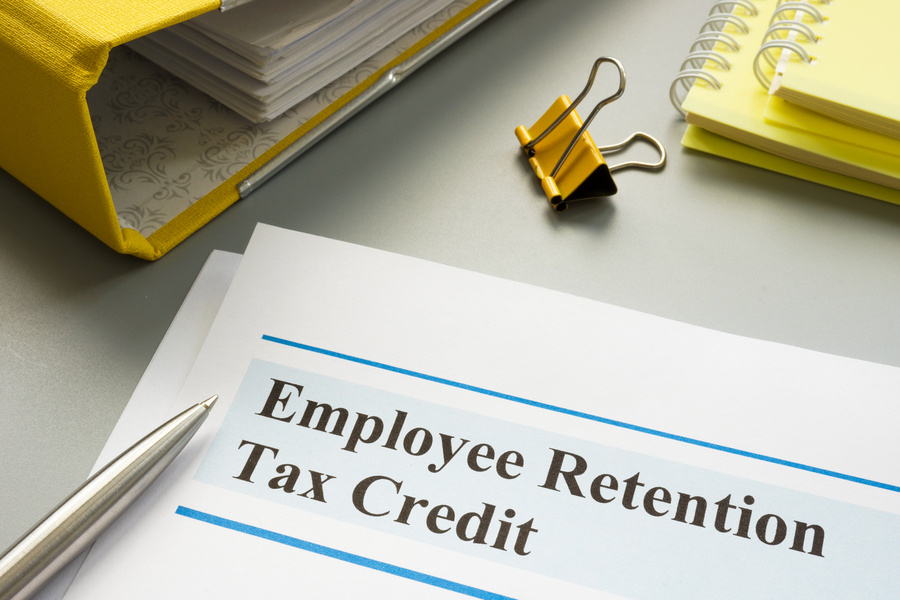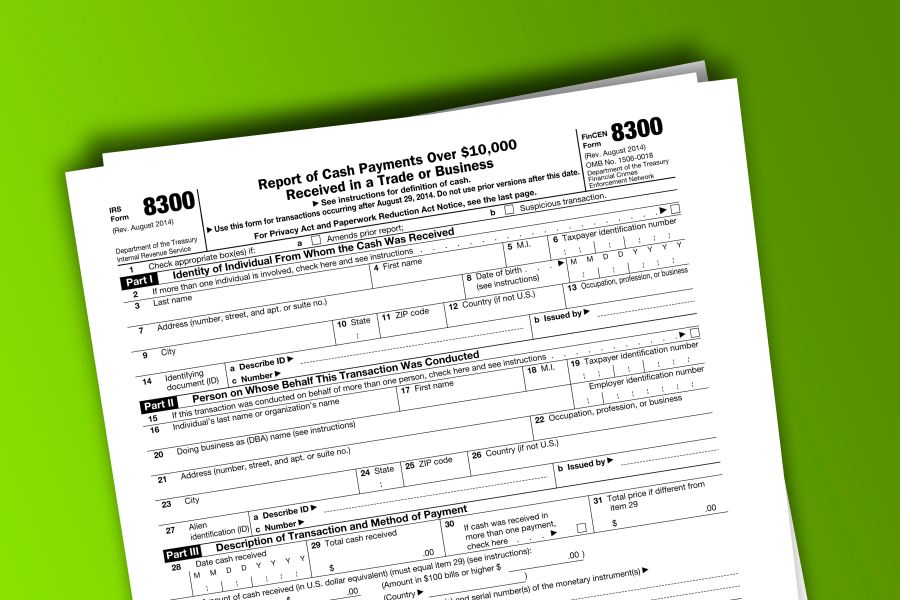If you’re getting a divorce, you know the process is generally filled with stress. But if you’re a business owner, tax issues can complicate matters even more. Your business ownership interest is one of your biggest personal assets and in many cases, your marital property will include all or part of it. Transferring property tax-free In general, you can divide most assets, including cash and business ownership interests, between you and your soon-to-be ex-spouse without any federal income or gift tax consequences. When an asset falls under this tax-free transfer rule, the spouse who receives the asset takes over its existing tax basis (for tax gain or loss purposes) and its existing holding period (for short-term or long-term holding period purposes). For example, let’s say that under the...

Let’s say you decide to, or are asked to, guarantee a loan to your corporation. Before agreeing to act as a guarantor, endorser or indemnitor of a debt obligation of your closely held corporation, be aware of the possible tax implications. If your corporation defaults on the loan and you’re required to pay principal or interest under the guarantee agreement, you don’t want to be caught unaware. A business bad debt If you’re compelled to make good on the obligation, the payment of principal or interest in discharge of the obligation generally results in a bad debt deduction. This may be either a business or a non-business bad debt deduction. If it’s a business bad debt, it’s deductible against ordinary income. A business bad debt can be...
The SECURE 2.0 law, which was enacted last year, contains wide-ranging changes to retirement plans. One provision in the law is that eligible employers will soon be able to provide more help to staff members facing emergencies. This will be done through what the law calls “pension-linked emergency savings accounts.” Effective for plan years beginning January 1, 2024, SECURE 2.0 permits a plan sponsor to amend its 401(k), 403(b) or government 457(b) plan to offer emergency savings accounts that are connected to the plan. Basic distribution rules If a retirement plan participant withdraws money from an employer plan before reaching age 59½, a 10% additional tax or penalty generally applies unless an exception exists. This is on top of the ordinary tax that may be due. The goal of...
Does your business receive large amounts of cash or cash equivalents? If so, you’re generally required to report these transactions to the IRS — and not just on your tax return. The requirements Each person who, in the course of operating a trade or business, receives more than $10,000 in cash in one transaction (or two or more related transactions), must file Form 8300. Who is a “person”? It can be an individual, company, corporation, partnership, association, trust or estate. What are considered “related transactions”? Any transactions conducted in a 24-hour period. Transactions can also be considered related even if they occur over a period of more than 24 hours if the recipient knows, or has reason to know, that each transaction is one of a series...
As appearing in IRS IR-2023-169 To protect taxpayers from scams, IRS orders immediate stop to new Employee Retention Tax Credit (ERTC) processing amid surge of questionable claims Concerns from tax pros, aggressive marketing to ineligible applicants highlights unacceptable risk to businesses and the tax system Moratorium on processing of new claims through year’s end will allow IRS to add more safeguards to prevent future abuse, protect businesses from predatory tactics; IRS working with Justice Department to pursue fraud fueled by aggressive marketing WASHINGTON – Amid rising concerns about a flood of improper Employee Retention Credit claims, the Internal Revenue Service today announced an immediate moratorium through at least the end of the year on processing new claims for the pandemic-era relief program to protect honest small business owners from...
As reported in IRS News Release IR-2023-157 The Internal Revenue Service announced that starting 1/1/2024, businesses are required to electronically file (e-file) Form 8300, Report of Cash Payments Over $10,000, instead of filing a paper return. This new requirement follows final regulations amending e-filing rules for information returns, including Forms 8300. Businesses that receive more than $10,000 in cash must report transactions to the U.S. government. Although many cash transactions are legitimate, information reported on Forms 8300 can help combat those who evade taxes, profit from the drug trade, engage in terrorist financing or conduct other criminal activities. The government can often trace money from these illegal activities through payments reported on Forms 8300 that are timely filed, complete and accurate. The new requirement for e-filing Forms 8300...
If you operate your small business as a sole proprietorship, you may have thought about forming a limited liability company (LLC) to protect your assets. Or maybe you’re launching a new business and want to know your options for setting it up. Here are the basics of operating as an LLC and why it might be a good choice for your business. An LLC is a bit of a hybrid entity because it can be structured to resemble a corporation for owner liability purposes and a partnership for federal tax purposes. This duality may provide the owners with the best of both worlds. Protecting your personal assets Like the shareholders of a corporation, the owners of an LLC (called “members” rather than shareholders or partners) generally aren’t liable...
Let’s say you own highly appreciated land that’s now ripe for development. If you subdivide it, develop the resulting parcels and sell them off for a hefty profit, it could trigger a large tax bill. In this scenario, the tax rules generally treat you as a real estate dealer. That means your entire profit — including the portion from pre-development appreciation in the value of the land — will be treated as high-taxed ordinary income subject to a federal rate of up to 37%. You may also owe the 3.8% net investment income tax (NIIT) for a combined federal rate of up to 40.8%. And you may owe state income tax too. It would be better if you could arrange to pay lower long-term capital gain (LTCG) tax rates...
If you play a major role in a closely held corporation, you may sometimes spend money on corporate expenses personally. These costs may end up being nondeductible both by an officer and the corporation unless the correct steps are taken. This issue is more likely to happen with a financially troubled corporation. What can’t you deduct? In general, you can’t deduct an expense you incur on behalf of your corporation, even if it’s a legitimate “trade or business” expense and even if the corporation is financially troubled. This is because a taxpayer can only deduct expenses that are his own. And since your corporation’s legal existence as a separate entity must be respected, the corporation’s costs aren’t yours and thus can’t be deducted even if you pay them. To...
If you own an unincorporated small business, you probably don’t like the size of your self-employment (SE) tax bills. No wonder! For 2023, the SE tax is imposed at the painfully high rate of 15.3% on the first $160,200 of net SE income. This includes 12.4% for Social Security tax and 2.9% for Medicare tax. The $160,200 Social Security tax ceiling is up from the $147,000 ceiling for 2022, and it’s only going to get worse in future years, thanks to inflation. Above the Social Security tax ceiling, the Medicare tax component of the SE tax continues at a 2.9% rate before increasing to 3.8% at higher levels of net SE income thanks to the 0.9% additional Medicare tax, on all income. The S corp advantage For wages...











